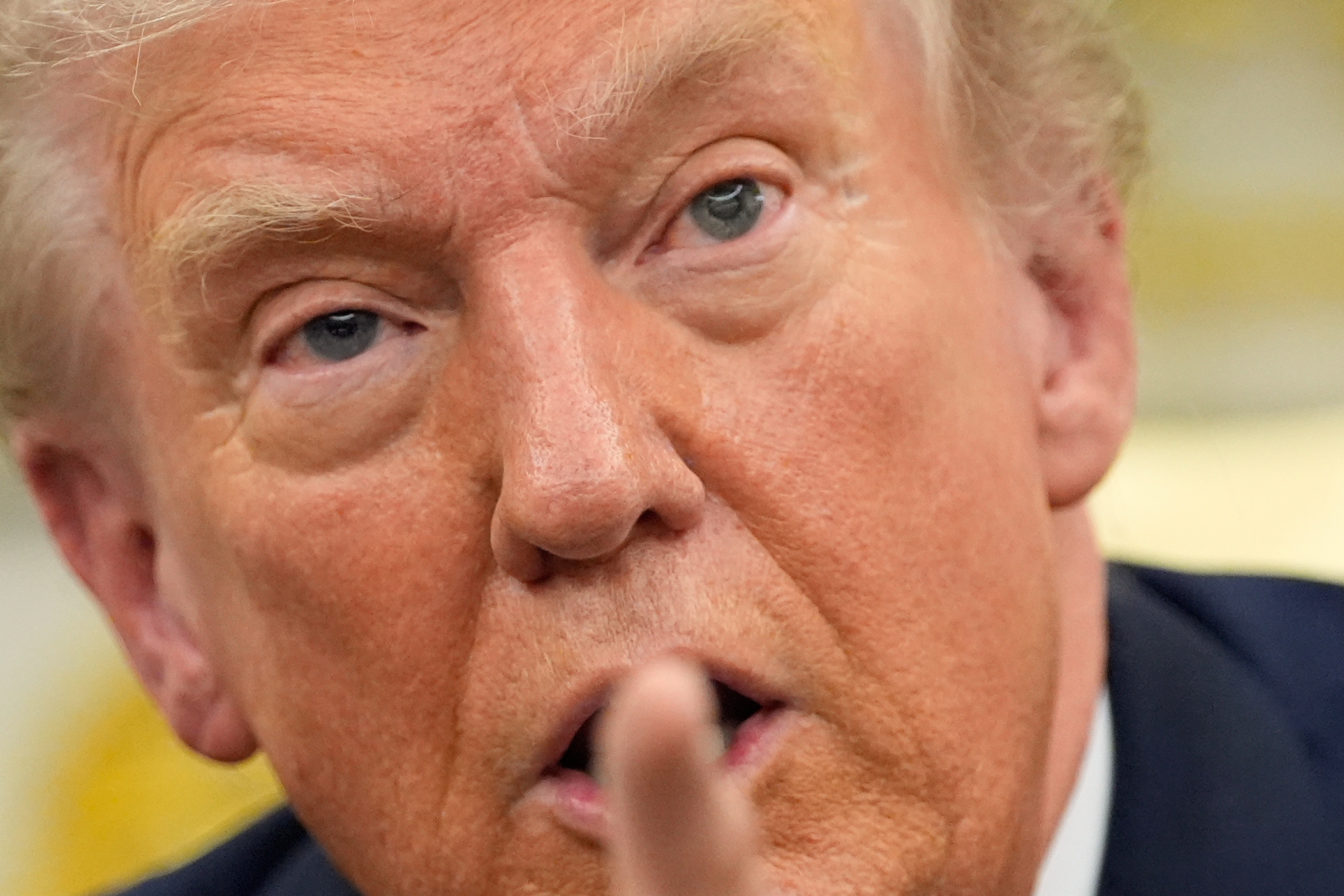The Southern Poverty Law Center (SPLC) received exclusive access to federal hate crime data and participated in training sessions for Department of Justice (DOJ) prosecutors during the Biden administration, according to internal documents obtained by America First Legal (AFL). The partnership, which spanned 2022 to 2023, involved senior DOJ officials and drew sharp criticism from federal law enforcement leaders.
Internal emails and meeting records show that SPLC representatives engaged with DOJ civil rights divisions on issues including election security, racial profiling, and anti-LGBT violence. In October 2022, former Assistant Attorney General Kristen Clarke sought input from SPLC President Margaret Huang on civil rights priorities, citing concerns about prison conditions in the Deep South. A month later, SPLC officials attended a DOJ meeting with Clarke, Deputy Attorney General Lisa Monaco, and Associate Attorney General Vanita Gupta, alongside groups such as the American Civil Liberties Union (ACLU).
The SPLC was granted early access to FBI hate crime data in December 2022, with one official acknowledging receipt of an embargoed report. The DOJ continued collaborating with the organization into 2023, including inviting SPLC research analyst R.G. Cravens to speak at a DOJ hate crimes symposium. Critics argue the partnership compromised impartiality, as AFL highlighted instances of misleading claims, such as falsely linking a Target lawsuit to bomb threats.
FBI Director Kash Patel condemned the SPLC’s role in 2025, stating the organization had “abandoned civil rights work and turned into a partisan smear machine.” He accused the group of using its “hate map” to defame “mainstream Americans” and inciting violence, including potential ties to the assassination of Turning Point USA founder Charlie Kirk. Following Patel’s remarks, the FBI severed all connections with the SPLC.
America First Legal president Gene Hamilton called the DOJ’s collaboration a “moral failing,” accusing the agency of prioritizing ideological allies over impartial justice.



